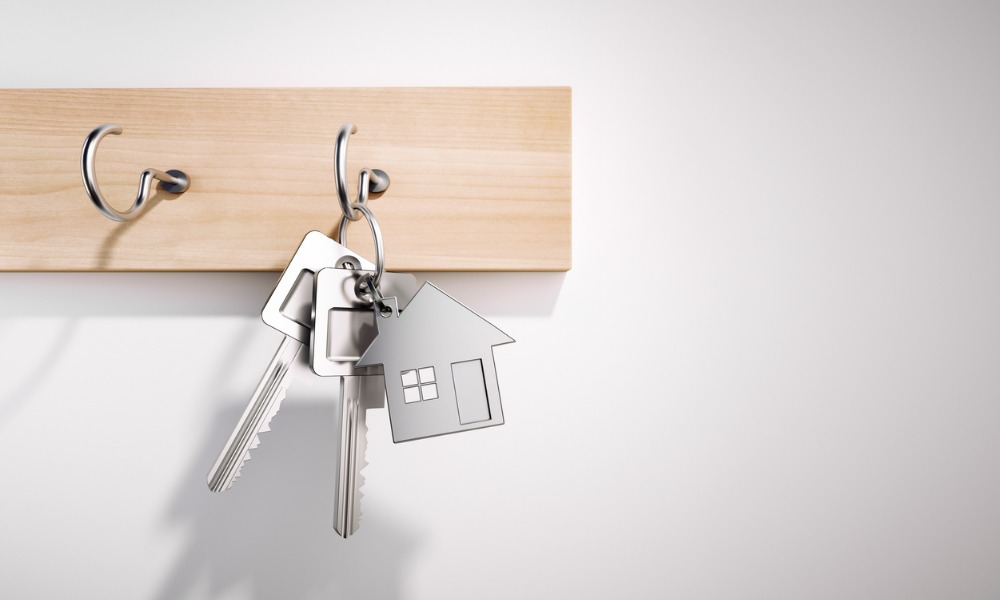Pessimism persists in nearly all demographic groups

Consumers’ outlook on home buying continues to worsen due to the trajectory of mortgage rates and market conditions, according to Fannie Mae’s Home Purchase Sentiment Index (HPSI).
Overall, the index slipped 2.1 points month over month to 73.2 in March – the lowest in four months. Compared to a year ago, the HPSI was down 8.5 points. Broken down by its components, four out of six posted declines, including the components asking consumers whether they expect mortgage rates to go up and whether they think it’s a good time to buy a home.
The net share of respondents who feels that now is a good time to buy a home fell to a new survey low, with 73% of respondents reporting that it’s a bad time to buy a home.
“The ‘Good Time to Buy’ component of the index reached yet another record low, with high home prices, rising mortgage rates, and macroeconomic uncertainty serving as consumers’ chief concerns,” said Fannie Mae deputy chief economist Mark Palim. “Only 24% of consumers believe it’s a good time to buy a home, with similar levels of pessimism expressed by nearly all of the demographic groups surveyed.”
Meanwhile, the percentage of Americans who said it is a good time to sell increased 3% month over month to 74%. The net share of respondents who said home prices will go up in the next 12 months dropped two percentage points to 48%, and the net share of those who anticipates mortgage rates to go down decreased one percentage point to 4%.
Read more: Market shifts and investor trends: Here’s what lenders need to know
“This month, we also saw a survey-high share of consumers expecting their financial situations to worsen over the next year; this was especially true among current homeowners,” Palim noted. “These concerns, together with the run-up in mortgage rates since the end of 2021, will likely diminish mortgage demand from move-up buyers – and fewer move-up buyers mean fewer available entry-level homes, adding to the rising-rate challenges for potential first-time homebuyers.”
The job concerns component saw a 3%-drop to 86%, while the household income component increased one percentage point to 29%.
“If consumer pessimism toward homebuying conditions continues and the recent mortgage rate increases are sustained, then we expect to see an even greater cooling of the housing market than previously forecast,” Palim said.



